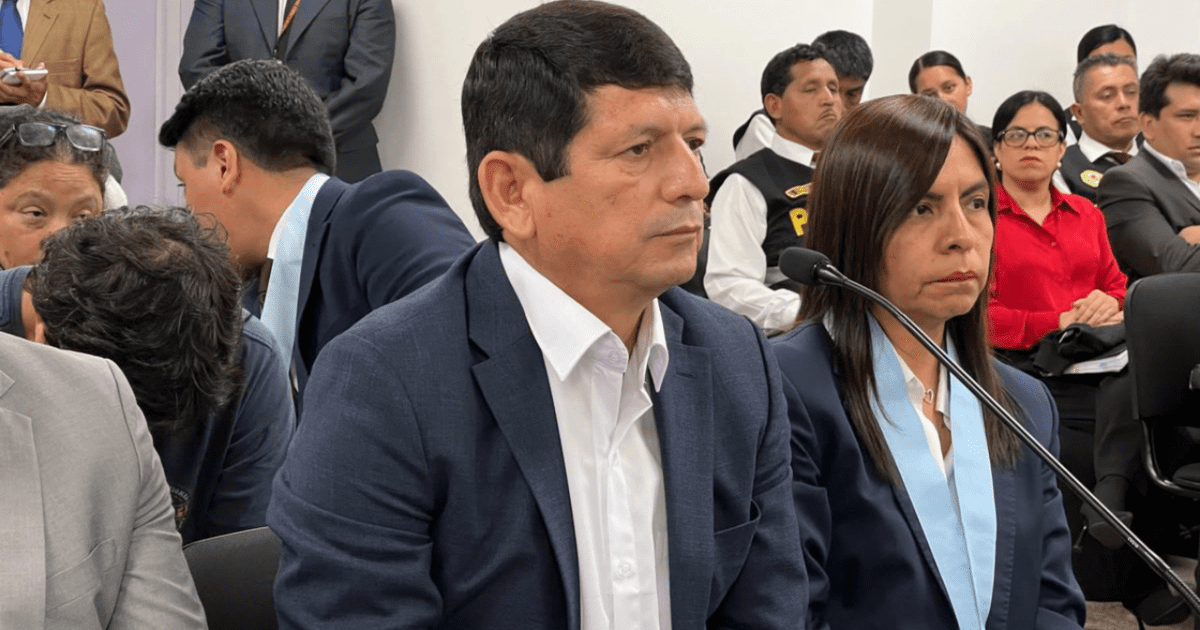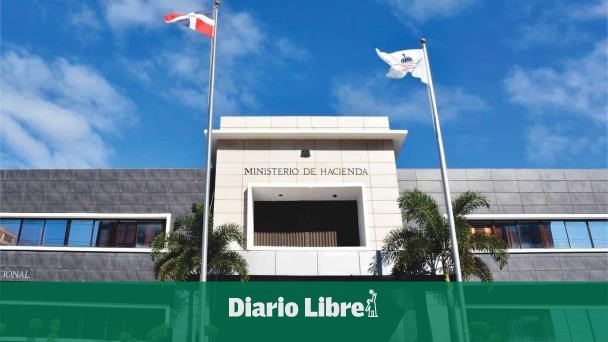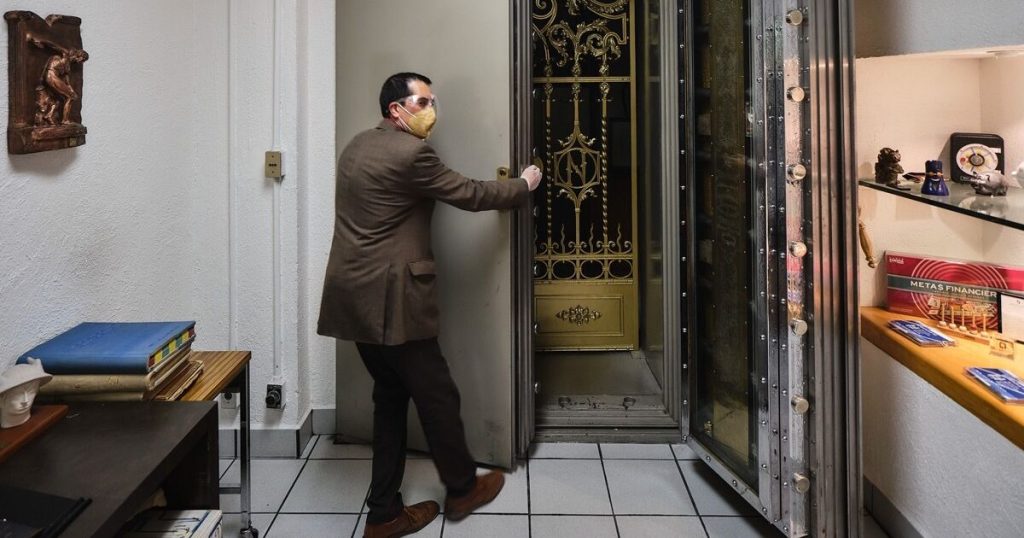He Public Ministry will no longer investigate the president of the Peruvian Football Federation (FPF), Agustin Lozanofor the crime of criminal organization in the Los Galacticos case, due to the new Law 32138, approved by the Congress of the Republic. Consequently, the investigation will no longer be the responsibility of the Organized Crime Prosecutor’s Office and will move to another fiscal subsystem, where the proceedings related to the crime of money laundering will be carried out.
The Prosecutor’s Office attributed Agustín Lozano Saavedra have formed a criminal organization since December 2018, made up of about 21 people who would have become entrenched in the Peruvian Football Federation to commit crimes such as fraud in the administration of legal entities, coercion and corruption in the private sphere. Lozano would have favored the company 1190 Sports to the detriment of the football clubs of League 1-2023, the departmental leagues and the FIFA.
However, everything changed when the National Appeals Chamber revoked the preliminary detention issued against Lozano. The superior court considered that, in light of the Law 32138which modifies the definition of a criminal organization, it is not possible to configure this crime in relation to the crimes of fraud in the administration of legal entities, coercion and corruption in the private sphere, since these have a minimum penalty of less than five years.
According to sources of The Republicthe investigation against Lozano will continue for money laundering. The estimated penalty that Agustin Lozano could face for this crime is a custodial sentence of no more than 10 years. The final decision will depend on the Corporate Criminal Prosecutor’s Officeaccording to what the new prosecutor in charge of the case orders.
The investigation carried out against Agustin Lozano by money laundering occurs after Sunat detect an unusual financial movement in your bank accounts. The tax authority detected that Lozano would have received amounts close to the S/.3 million during the period between the years 2019 and 2023. The large sum of money would have raised suspicions against the sports leader.
Fiscal thesis pointed out details of the links of Lozano and Raffo with the company 1190 Sports
In May of this year, six months before the scandal known as The GalacticsSporting Cristal fans criticized the relationship between the club’s president, Joel Raffo Olceseand Agustín Lozano Saavedraholder of the Peruvian Football Federation (FPF). They also questioned the links with the Chilean company 1190Sportsrepresented by Julio Gianella Raffo.
These criticisms arose after the participation of Raffo and Lush at an event held in Buenos Aires, where they presented the business model promoted by the FPF. Some fans expressed their discontent on social networks, questioning Raffo’s ethics for defending this model in the midst of the club’s crisis and pointing out alleged non-compliance by the parties involved.
The prosecutor Juan Orihuela declared that Raffo and Lush They would have designed a scheme for their own benefit. This plan was based on a tender that was initially void, but which ultimately favored 1190Sports. According to Orihuela, the Chilean company Grupo Prisma SpA, represented in Peru by a cousin of Joel Raffoorganized the tender. Although Raffo denied ties to Prisma or involvement in the initial meetings, the circumstances that led to the direct award to 1190 Sports after the bid failed raised suspicions of a conflict of interest. For the prosecutor, the relationship between Raffo and Lozano was crucial in this process, to the point that the president of Sporting Cristal withdrew his lawsuits against Lozano in exchange for a prominent role in the Television Rights Commission.
Even though Raffo He denied any direct involvement, his role as president of the commission and his international promotion of the model together with representatives of 1190 Sports raised new doubts. Protected testimonies revealed irregularities in the management of broadcast rights, such as an unequal distribution of profits in favor of 1190 Sports, which kept 30% of the profits. Even members of the commission, such as Gisella Mandriottipointed out inconsistencies in the tender. Despite the accusations, Raffo continued to defend the model and denied having participated in the initial decisions, while maintaining his position in the FPF with the support of his club and the federation’s Board of Directors.
















